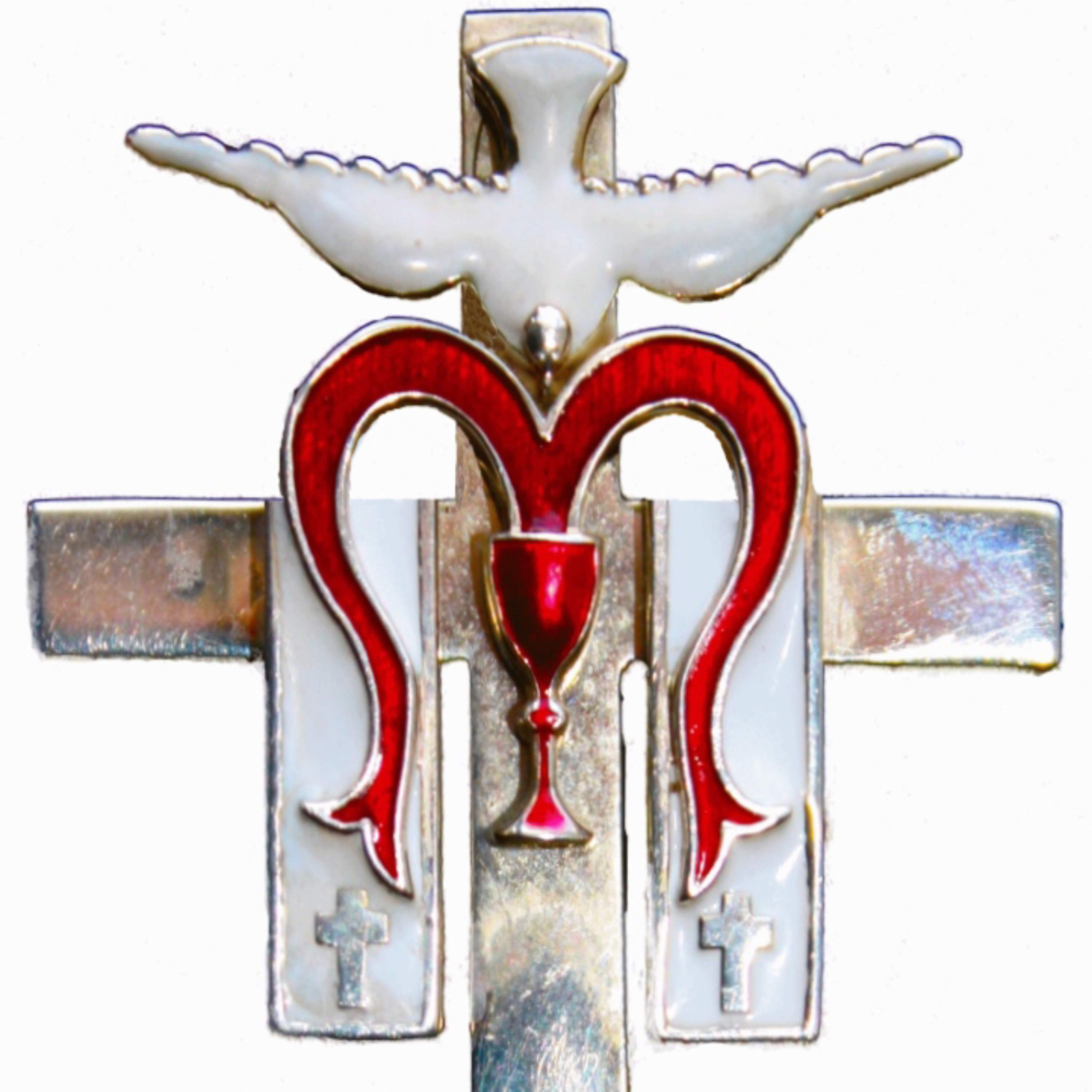- religion
- SEE MORE
- classical
- general
- talk
- News
- Family
- Bürgerfunk
- pop
- Islam
- soul
- jazz
- Comedy
- humor
- wissenschaft
- opera
- baroque
- gesellschaft
- theater
- Local
- alternative
- electro
- rock
- rap
- lifestyle
- Music
- como
- RNE
- ballads
- greek
- Buddhism
- deportes
- christian
- Technology
- piano
- djs
- Dance
- dutch
- flamenco
- social
- hope
- christian rock
- academia
- afrique
- Business
- musique
- ελληνική-μουσική
- World radio
- Zarzuela
- travel
- World
- NFL
- media
- Art
- public
- Sports
- Gospel
- st.
- baptist
- Leisure
- Kids & Family
- musical
- club
- Culture
- Health & Fitness
- True Crime
- Fiction
- children
- Society & Culture
- TV & Film
- gold
- kunst
- música
- gay
- Natural
- a
- francais
- bach
- economics
- kultur
- evangelical
- tech
- Opinion
- Government
- gaming
- College
- technik
- History
- Jesus
- Health
- movies
- radio
- services
- Church
- podcast
- Education
- international
- Transportation
- Other
- kids
- podcasts
- philadelphia
- Noticias
- love
- sport
- Salud
- film
- and
- 4chan
- Disco
- Stories
- fashion
- Arts
- interviews
- hardstyle
- entertainment
- humour
- medieval
- literature
- alma
- Cultura
- video
- TV
- Science
- en
Hypocrisy in Me? Purity of Intention –I

HYPOCRISY IN ME; Growing in Purity of Intention Cenacle teaching 7/11/19 I. Father Cantalamessa’s 1st Lent Homily 2019 - “BLESSED ARE THE PURE IN HEART FOR THEY SHALL SEE GOD” https://zenit.org/articles/father-cantalamessas-1st-lent-homily-2019/ (https://zenit.org/articles/father-cantalamessas-1st-lent-homily-2019/) https://misionmas.wordpress.com/2019/03/16/primera-predicacion-de-cuaresma-2019-p-raniero-cantalamessa/ (https://misionmas.wordpress.com/2019/03/16/primera-predicacion-de-cuaresma-2019-p-raniero-cantalamessa/) Þ According to Jesus, the essential condition for “seeing” God is purity of heart: “Blessed are the pure in heart, for they shall see God” (Mt 5:8). Þ Two areas concerning purity: The righteousness of intentions Purity in morals Þ The opposite of purity of intentions is hypocrisy, and the opposite of purity in morals is the abuse of sexuality. “When you give alms, sound no trumpet before you, as the hypocrites do. . . . When you pray, you must not be like the hypocrites. . . . And when you fast, do not look dismal, like the hypocrites. “(Mt 6:1-18) Þ It is surprising that the sin of hypocrisy—the sin most denounced by Jesus in the Gospels—enters so little into our ordinary formulations of examinations of conscience. Not having found in any of them the question, “Have I been a hypocrite?” I had to add it in there myself, and rarely have I been able to go past it to the next question without being convicted. The greatest act of hypocrisy would be to hide one’s own hypocrisy—hiding it from ourselves and others since it is impossible to hide it from God. Hypocrisy is, in large part, overcome the moment it is recognized. Þ A person, wrote Blaise Pascal, has two lives: One is his true life, and the other is the imaginary one he lives in his own mind and the minds of other people. We work hard to embellish and conserve our imaginary being, and we neglect our true being. If we have some virtue or merit, we are careful to make it known somehow so as to attach it to that imaginary existence. We would rather separate a virtue from our true life and join it to the imaginary one: we would willingly be cowards in order to acquire the reputation of being brave, even to the point of giving up our life as long as people would talk about it. This is who he has become, but it is not who he is. I see him as who he is and suffer who he has become. 1/14/18 Þ Origin and the meaning of the word “hypocrisy.” It comes from the language of the theater. The exterior words and attitudes do not correspond to the inner reality of the heart. What appears on one’s face is not what is in one’s heart. The ancients gave it the meaning that it really has: pretense. What was negative in stage fiction was transferred to the word “hypocrisy.” Þ The origin of the word puts us on track to discover the nature of hypocrisy. It turns life into a stage where we perform for the public; it means putting on a mask and ceasing to be a person in order to become a character. A fictive character is nothing but a corruption of an authentic person. A person has a face; a character wears a mask. A person is completely bare; a character is completely wrapped in clothes. A person loves authenticity and reality; a character lives a life of fiction and artifice. A person follows his or her own convictions; a character follows a script. A person is humble and gentle; a character is cumbersome and unwieldly. Ex. –a priest who had envy because all the brothers go to for counsel to his friend. …. TRANSPARENCY Þ Hypocrisy sets traps for pious and religious people in particular. Why? Wherever spiritual values, piety, and virtues are most highly esteemed,...